Overview
Evidence-oriented groups are being out-lobbied: between 2011 and 2018 the fossil fuel industry met with federal government officials five times as often as did nongovernmental organizations. We need to ensure evidence-based influence by:
Treating decisionmaker and staff time as the valuable public good that it is in interactions with lobbyists:
- Ensure a 1:1 Non-profit to profit visit ratio per worker.
- Ensure virtual visits (phone etc)are logged.
- Ensure presentations and briefing notes are submitted and publicly available
- Prohibit closed-door meetings with industry for development of key public health policies where a significant conflict of interest exists, including with regards to the Fossil Fuel Industry and cornerstone pieces of Climate Policy such as a Climate Accountability Act. ie-following the process used in developing the Canada Food Guide
Define a process for reporting on public engagement and policy impacts to all federally-administered research grants, with the expectation being that funds for research translation, education, high-quality public communications, and policy engagement are included in the vast majority of grant proposals.
Case study Canada Food Guide

An instructive case where a key piece of Canadian public health policy was produced and found to be in line with international best-evidence, is seen with the Canada Food Guide, which has been widely praised by health groups. Notably, it was developed without meetings with food and beverage industry representatives in order to ensure that the development of dietary guidance took place free from conflict of interest. A similar process should be employed for other critical pieces of public health policy, including with regards to the fossil fuel industry and the development of a Climate Accountability Act.
want to read in more details?
▸▸▸ click here for the full platform PDF
